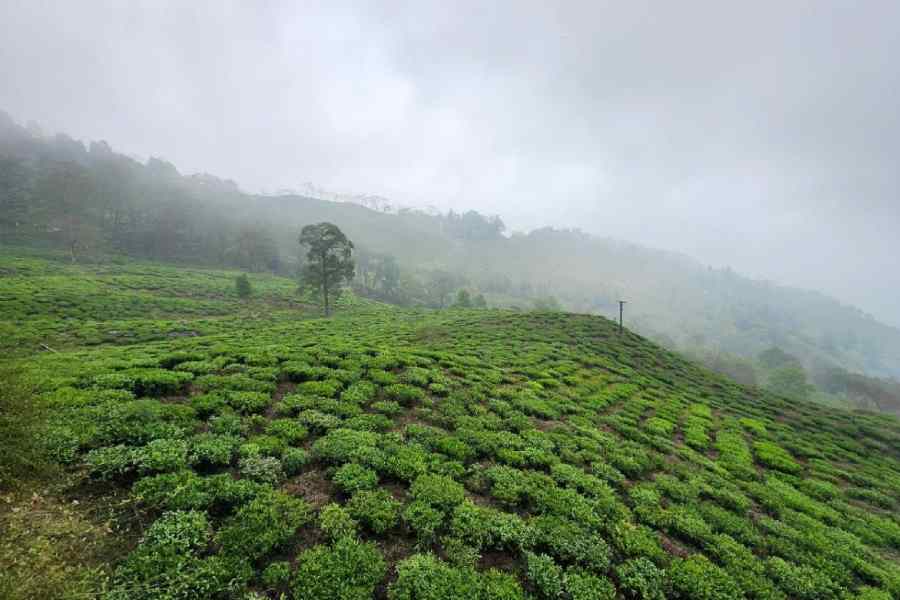The Pashchim Banga Cha Majdoor Samity, an independent trade union of tea plantation labourers, has alleged that the standard operating procedure (SoP) that the state government recently introduced to ensure the routine functioning of closed and abandoned estates is not being followed in several gardens in the Dooars.
“We have submitted a memorandum to the additional labour commissioner and appealed for the SoP’s proper implementation in the closed and abandoned tea gardens,” Anuradha Talwar, a member of the union’s state committee, told journalists in Siliguri on Thursday.
Talwar, who had previously advocated for tea garden workers, claimed that the management of several estates defaulted on the deposit of labourers’ provident fund (PF).
“The cumulative PF dues of around 30 gardens stand about ₹79 crore. Workers are repeatedly denied FAWLOI ( Financial Assistance to the Workers of Locked Out Industrial Units) because of discrepancies in the names in several documents. Payment slips are not being issued properly and there are also allegations of inaction by the labour department,” said Talwar.
Some of the 30 gardens are closed or abandoned.
The Mamata Banerjee government issued a notification on November 6 detailing steps to be followed to hand over closed and abandoned gardens on a short-term settlement basis for up to three years to prospective investors. If the investors meet the stipulated clauses in running the gardens, the estates will be eventually leased out to them for
30 years.
The SoP states that if a garden remains closed for three months and has not cleared workers’ dues or if the lease of an estate has expired, the government can hand over such plantations to new entrepreneurs on a short-term settlement basis.
“The state will check the credentials of prospective investors before letting them run a closed or abandoned garden. They include financial solvency and experience in the tea industry. The investor for a garden will be chosen through a limited bidding process,” an official had earlier said.
Once a closed or abandoned garden is handed over on a short-term settlement basis to the investor, the state has to constantly monitor whether the company or the individual concerned is adhering to the rules like regular payment of wages, initiatives for the improvement of the garden and deposit of security (maximum ₹2 crore), which is equivalent to three months’ salaries and wages of the staff and the workers of the garden, with the state government.
Beena Oraon, a worker from Madhu tea garden of Alipurduar district, alleged: “Wages are irregular. Basic facilities, including health and ambulance services and drinking water supply, are not available in the tea garden.”
Binay Kerketta, a central committee member of the independent trade union, said: “The workers are deprived of basic services from the management in the tea garden and they are surviving only on free rations provided by the government.”










